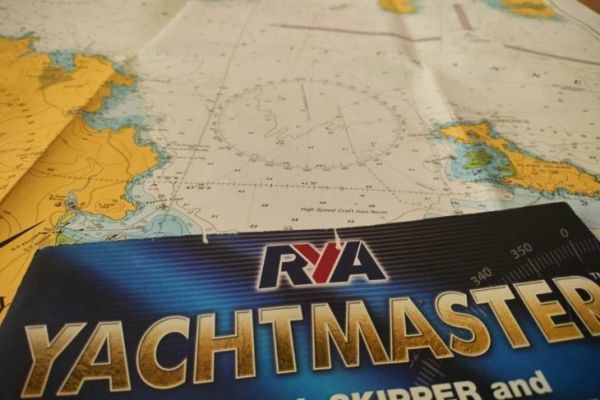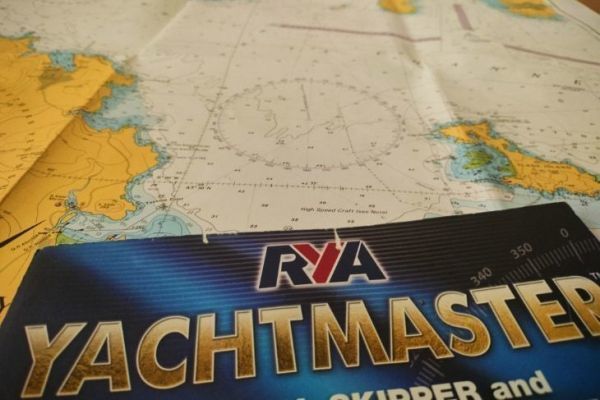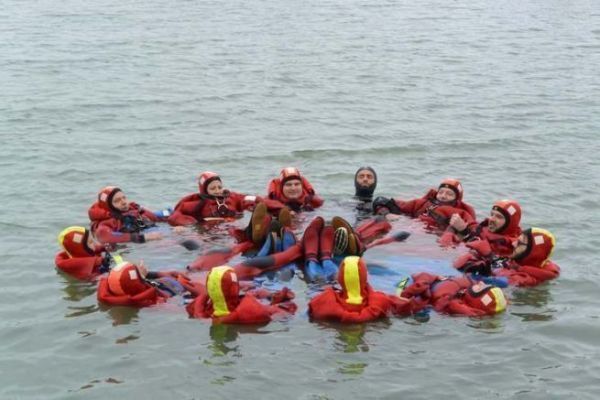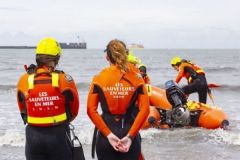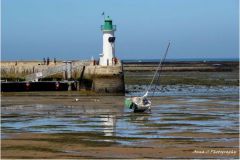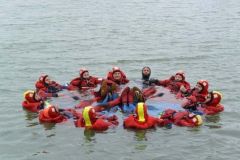The different types of Yachtmaster
The Royal Yachting Association or RYA, the British equivalent of the FFVoile, issues diplomas called Yachmaster, validating a competence as a skipper, necessary to work as a skipper. At the end of a training course, it is possible to pass the Yachtmaster exam, which includes a theoretical part and a practical part. This diploma is recognized in many countries around the world. However, it is not recognized in France.
There are three levels of Yachtmaster: Coastal, Offshore and Ocean.
- The first level, Coastal, validates a skill as a skipper in coastal sailing. If this qualification allows you to work as a skipper, it is often not enough for charter employers.
- The second level, Offshore, is often referred to as the "Yachtmaster". This diploma validates a skipper's competence in coastal and semi-offshore sailing, and allows him to work as a skipper up to 150 nautical miles from a shelter.
- The third level, called Ocean, is more rarely required. It allows you to work as a skipper without geographical limits, and confirms your competence as an offshore skipper and your mastery of astronomical navigation. It is not possible to pass the Ocean qualification without first having a Yachtmaster Offshore.
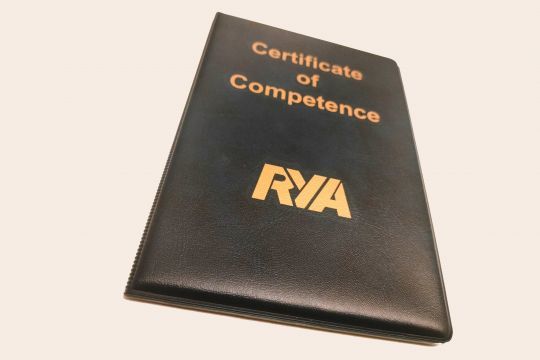
The requirements of the Offshore Yachtmaster
In order to take the Offshore exam, there are administrative prerequisites. All candidates must be able to present:
- A first aid certificate: PSC1 or PSMer are accepted.
- A radio certificate: here again, the French Certificat de Radiophonie Restreint or CRR is accepted.
In addition, the applicant must be able to demonstrate that he/she has the necessary experience, i.e., that he/she has performed :
- 50 days at sea, including 5 as skipper
- 2,500 nautical miles, including 5 crossings of at least 60 miles, two of which must have been made during the night, and two as skipper.
A photocopy of the logbooks will therefore be invaluable to prove these passages, in addition to the two diplomas to be presented, which will allow the candidate to pass the exam.
A more or less long training
The Yachtmaster Offshore is a two-part course: the training and the examination. The training takes place in RYA approved centers in the UK or abroad. In France, there are several of them, the best known being Blue Sailing, Sailing School Britanny or Sail-Master-Training. Depending on the entry level, it is possible to do a complete training session over several weeks, or to do a preparation of one or two weeks before the exam if you already have the knowledge and skills. These weeks allow you to get up to speed in English, as the whole exam is of course in the language of Shakespeare!
The preparation allows the candidates to review the different skills required to pass the exam. At the end of the preparation, a British examiner comes for one or two days to evaluate the candidates, through theoretical and practical evaluations.
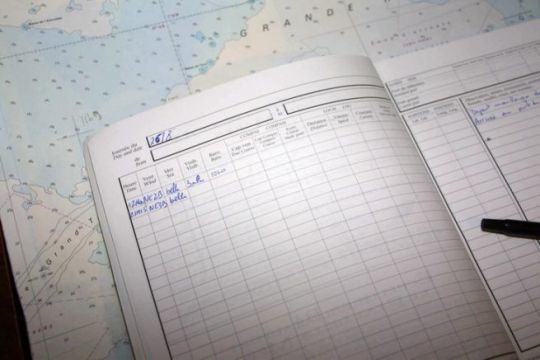
The Offshore Yachtmaster Exam
As far as practice is concerned, you must master the techniques of coastal navigation without GPS: three-point bearings, alignments, sounding lines, transfer of bittern, dead reckoning. In addition, you must be able to manage your crew, safety on board, as well as port maneuvers and mooring. The emphasis is not really on sailing maneuvers, but on the ability to navigate safely without GPS or with GPS, taking into account all the parameters necessary for a serene trip.
At the theoretical level, the examiner asks questions on various subjects on which a good knowledge is expected: global weather and local phenomena, the RIPAM, International Regulations for Preventing Collisions at Sea, for which knowledge of the precise rules is very important, English tide calculation, but also the art of Passage Planning. The Passage Planning is a written document gathering all the preparation done before a crossing or a voyage from one port to another. Each candidate must prepare a passage planning for a hypothetical crossing, typically a cross-Channel crossing against the wind. It is a good synthesis for the examiner of all the knowledge to be verified, since it will allow to see the use of nautical works, tide calculations, weather forecasts, safety on board...
At the end of the exam, the examiner decides whether or not to validate the award to each candidate. He will announce it to each candidate, and will send the papers himself to the RYA, which will send the diploma to all candidates who have passed the exam.
Now holding the Yachtmaster Offshore, to be able to use it on the job, a candidate will however have to pass the Commercial Endorsement, the commercial operating license, which requires additional safety certifications.

 /
/ 